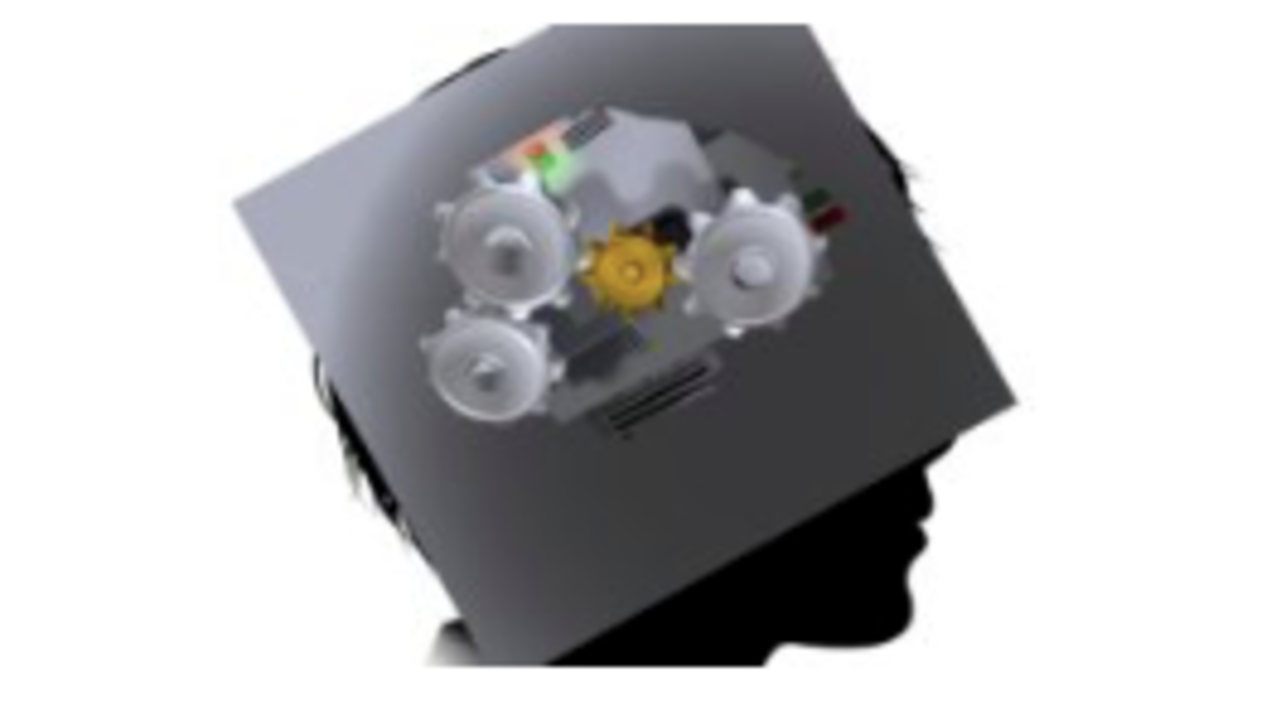Why Parents Are The MOST Important Contributor to Children's Mental Toughness Outcomes...

How parents interact with children around tennis has incredible power in influencing mental toughness development, even more so than coaches. This is due to the 'perfect storm' of brain factors that make tennis parenting interactions the most powerful determinant of children's mental toughness development, both on and off the court...Let's explore the 4 most important now:
1.) Our Brains Remember Important Experiences Better...
The genius of the human brain is evident in the way it has evolved ways of deciding which life experiences need to be remembered and learned from and which can be forgotten.
Recent research has shown us that the brain figures out what is likely to be important to remember based on a number of factors, making it more easily rewired as a result of these factors.
2.) The Importance of Sport Experiences
And as it happens, there are two factors crucial to sport that encourage our ability to remember sport experiences: exercise and high levels of emotion.
High Levels of Emotion
When an experience is unemotional our brain does not remember it with much strength but when an experience arouses high levels of emotion, such as many in, around, and following tennis, our brain recognizes it as important, and becomes more plastic and easily rewired, which is the foundation for how we remember things.
What About Exercise?
Regarding exercise, it appears our human history as hunters and gatherers may have primed our brains to recognize experiences following exercise as important to remember.
This makes sense when we consider that our predecessors ability to remember where sources of food were found following hunting were vital to survival.
How Does It Do It?
Our brains improve long term memory following exercise and during emotional experiences by growing new neurons (which are the brains basic building blocks) that are required for new brain connections to be made, making existing neurons more plastic and able to be changed, as well as increased barriers to bacteria that prevent new learning/memory connections forming.
So What Does This Mean for a Child?
Let’s consider for a moment a parent interaction with a child following a loss or poor tennis performance...
The reality is that competition tends to evoke emotions in most of us as though we are involved in a life or death situation and losing can hurt in the same way that physical pain hurts.
This means the child will likely be experiencing high levels of difficult emotions at this time...Added to this is the fact that he or she has just been exercising intensely.
This combination means that his or her brain is primed to remember and be changed by any experiences that he or she has at this time.
It's therefore hard to imagine a time when a parent interaction will more powerfully shape their development than those we have at the end of tennis matches, especially losses.
In the case that the child just lost, assuming he or she tried his or her best, it's vital that they learn from the communication that the parent's love for them is not dependent on winning or losing, and that the parent believes that their efforts will pay off in the long term (both of these messages strongly support long term mental toughness development).
3.) The Attachment System (The Most Important Single Factor)
And there is one more neurological phenomenon that adds to this power... Our brains have also evolved an inborn attachment system to parents that make parent-child interactions especially influential in altering brain connections to begin with.
When combined with the huge amount of time parents typically spend with their children, in total, this explains how parent-child tennis interactions come to shape children's developing brain connections in such powerful ways.
These interactions combine the power of parental interactions in emotional situations after exercise creating a type of ‘perfect storm’ for affecting the internal belief systems that will come to influence our children’s self views, reactions, coping mechanisms, and choices throughout future tennis and life challenges.
4.) What Parents Should Focus On...
So now we know the power of parent interactions in shaping children's mental toughness development. What can brain science teach us about the more important aspects of parent interactions to be aware of?
Non-Verbal Communications
Because our human history of group living has led to an ability to read the non-verbal signs of others automatically, we rarely notice these communication pathways, but this is how most communication takes place.
It’s therefore vital to understand that even when parents are not speaking, children are reading and internalizing parent signals. These communications include eye contact, facial expressions, tone of voice, body position, gesturing, and the timing and intensity of communications.
Learning Through Imitation
In addition, researchers accidently stumbled across one way communications change children's brains when, during an unrelated study, they discovered a monkey’s brain activating as though it was eating a peanut simply by watching a researcher eat a peanut.
These specialist neurons named ‘mirror neurons’ have since been discovered in humans and our mirror system fires whenever we watch someone perform an intentional act, or even notice another’s emotional state. So mirror neurons are thought to contribute to the automatic shaping of children’s brain by their modeling of parental emotional states and actions without conscious effort.
By understanding the magnitude of parent communications with children, parents are better placed to cope with the challenges that naturally arise during tennis parenting and respond optimally to the situation.
This allows parents to take advantage of the opportunity this ‘perfect storm’ creates to positively influence children’s development...
If you would like to access to our complete '10 Brain Factors That Explain the Importance of Tennis Parenting Communications' Booklet You Can Get It Here....
